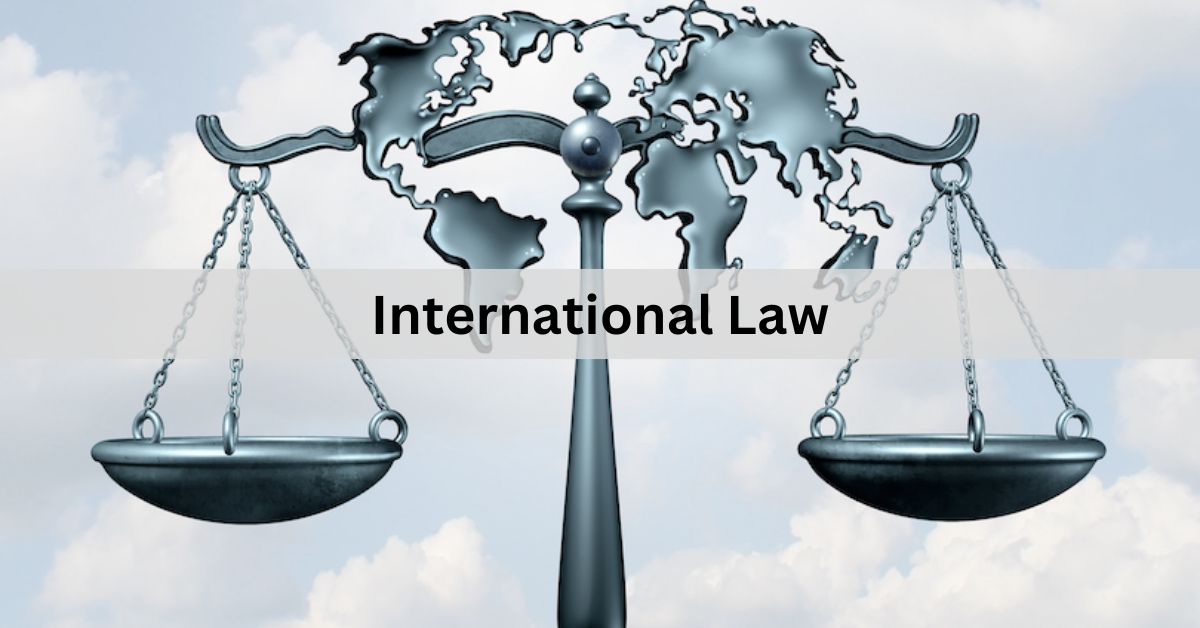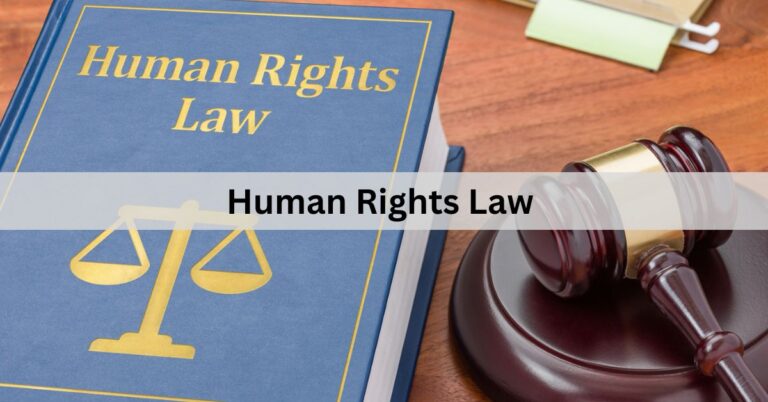International Law – Principles, Treaties, and Global Governance!
International law forms the legal framework governing relations between sovereign states and international organizations, encompassing treaties, conventions, customs, and principles that promote cooperation, peace, and stability on a global scale. At [Your Law Firm/Organization], we provide comprehensive insights into international legal norms, landmark treaties, enforcement mechanisms, and the role of international courts in resolving disputes and upholding justice. This article explores the significance of international law, key principles, major treaties, enforcement mechanisms, and the role of legal professionals in navigating international legal frameworks.
Significance of International Law
1. Promoting Peace and Security
International law aims to maintain peace and security by regulating armed conflict, prohibiting aggression, and promoting diplomacy and dispute resolution through peaceful means.
2. Facilitating Global Cooperation
International legal frameworks facilitate cooperation on global issues such as climate change, human rights, trade, terrorism, and public health, fostering collective action and shared responsibility among nations.
3. Protecting Human Rights
International law protects fundamental human rights globally through treaties and conventions, holding states accountable for human rights violations and promoting universal standards of dignity, equality, and justice.
Key Principles of International Law
1. Sovereignty and Equality of States
Sovereign states are equal under international law, with rights to self-determination and non-interference in internal affairs, while respecting the sovereignty of other states.
2. Customary International Law
Customary international law arises from consistent state practice and is binding on all states, reflecting established norms and principles accepted by the international community.
3. Treaties and Conventions
Treaties and conventions are formal agreements between states or international organizations, establishing rights, obligations, and frameworks for cooperation on specific issues such as human rights, environmental protection, and trade.
Major Treaties and Conventions
1. United Nations Charter
The UN Charter is the foundational treaty of the United Nations, establishing principles of international cooperation, peacekeeping, and collective security among member states.
2. Universal Declaration of Human Rights (UDHR)
Adopted by the UN General Assembly in 1948, the UDHR sets out fundamental human rights and freedoms to be universally protected and respected by all nations.
3. Vienna Convention on Diplomatic Relations
The Vienna Convention regulates diplomatic relations between states, defining the rights and privileges of diplomats, embassies, and consular officials in host countries.
Enforcement Mechanisms in International Law
1. International Courts and Tribunals
International courts and tribunals, such as the International Court of Justice (ICJ) and International Criminal Court (ICC), adjudicate disputes between states, individuals, and organizations, ensuring compliance with international legal obligations.
2. United Nations Security Council
The UN Security Council has the authority to impose sanctions, authorize peacekeeping missions, and take measures to maintain international peace and security under Chapter VII of the UN Charter.
3. International Arbitration and Mediation
Arbitration and mediation provide alternative dispute resolution mechanisms for resolving international disputes outside of formal court settings, promoting efficiency and flexibility in conflict resolution.
Role of Legal Professionals in International Law
1. Legal Advisers and Counsel
International law practitioners provide legal advice to governments, international organizations, and private entities on compliance with international obligations, treaty negotiations, and dispute resolution strategies.
2. Advocacy and Diplomacy
Legal professionals engage in diplomatic negotiations, advocacy campaigns, and policy development to promote international cooperation, uphold human rights, and address global challenges.
Conclusion
In conclusion, international law serves as a vital framework for promoting peace, cooperation, and justice in a globalized world. By upholding principles of sovereignty, equality, and human rights, international legal norms and treaties contribute to a more interconnected and harmonious international community.


